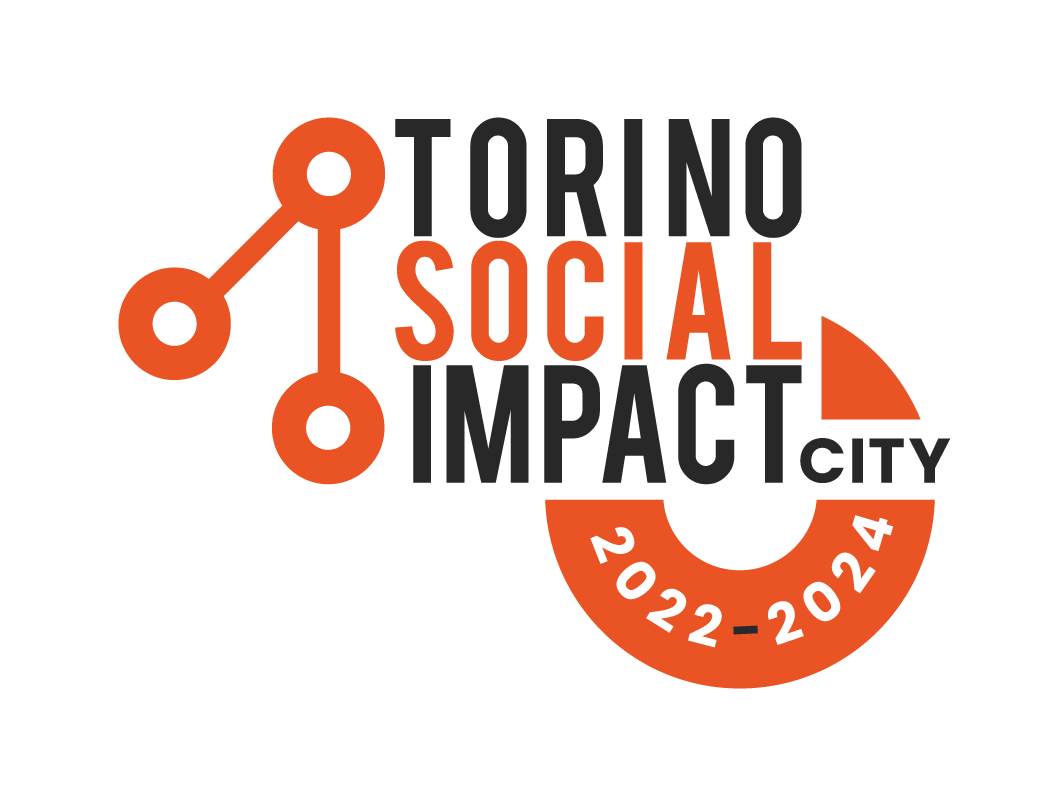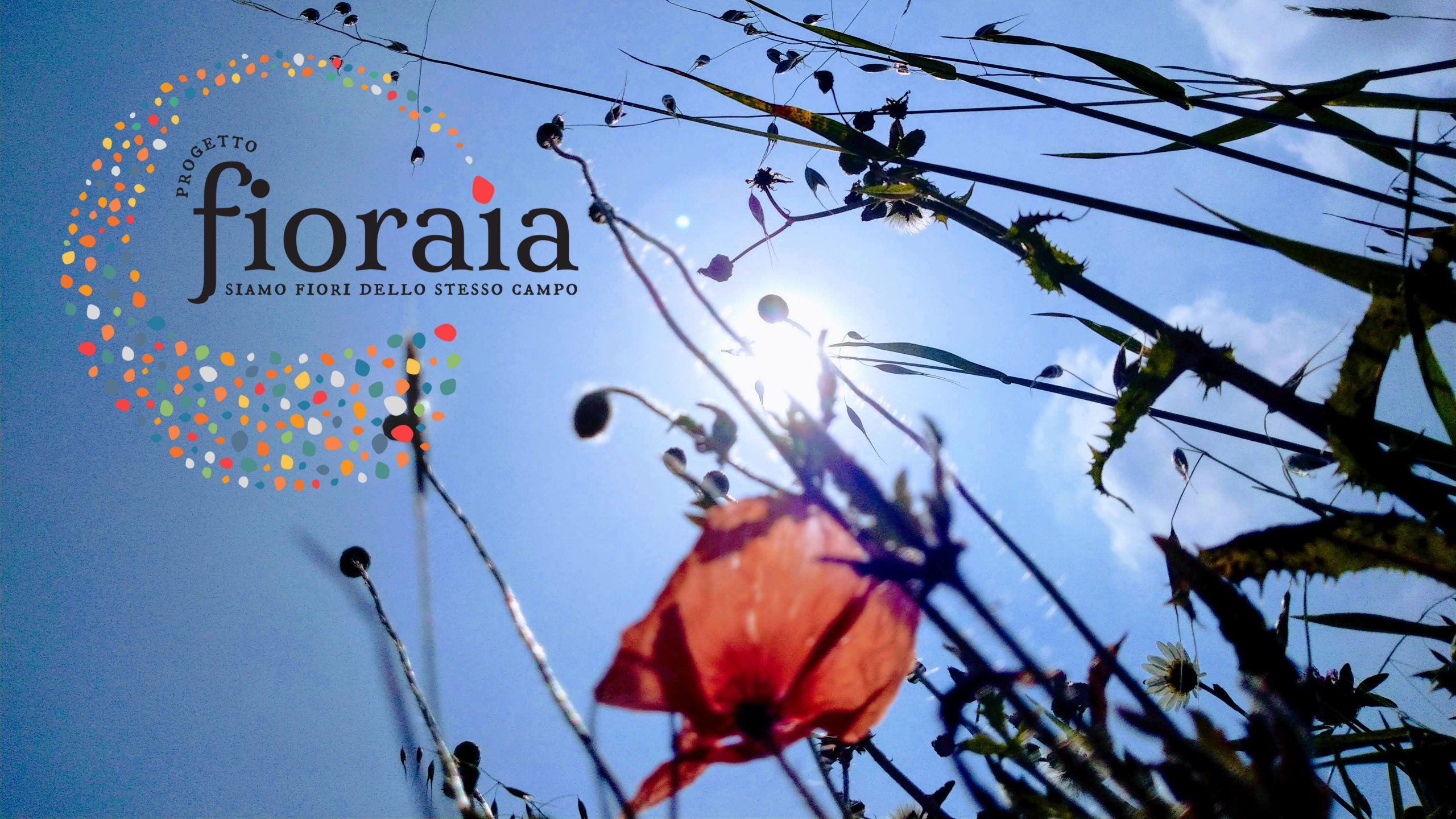ABSTRACT
The aim is to create a circular model with sustainable and replicable actions that will help pollinators and regenerate our landscapes. This can be done in a ‘systemic approach’ with beekeepers, farmers, citizens, and municipalities. Our targets are unmanaged and abandoned lands, also lands affected by intensive agriculture. We will increase biodiversity and ecosystem services by planting melliferous plants to ensure a better quality of life for honey bees and all pollinators on the territories interested in the project. Increase of local farmers’ products and animal welfare. Increase public awareness by involving citizens in each step of the project.
OBJECTIVES
The main objectives are:
- Increase pollinator’s ecosystem services:
> Regenerate lands
> Upgrade and revitalize territories
> Increase biodiversity - Form communities with active members by creating land associations for each municipality
> Generate replicable and scalable sustainability
> Operate with circular economy and circular supply chain of each actor of the process.
> Reuse organic waste in all lifecycle processes - Improve:
> Grazing and grazing livestock
> Forage and silage quality
> Animal welfare and dairy products
> Sedentary beekeeping by enhancing honey bee welfare
> Negative CO2 footprint by the high carbon sequestration capacity of regenerated soils/grasslands - Promote:
> Active citizenship
> The collection of bio-environmental monitoring data for municipalities and research institutes
> A better exchange between urban and rural areas
> Eco-sustainable tourism
> New local food excellence by starting De.Co. geo-brands
METHODOLOGY
Fioraia’s staff locates areas to develop and start the project.
The main activities are to establish relationships with Municipalities, define milestones, do the first analysis of soil and do a first census of the vegetable species of each area.
The Fioraia’s staff will also act as a supervisor for the entire duration of the project.
Being the spokesperson for the project with attention to the guidelines of landscape and environmental protection, Municipalities support the foundation of Land Associations (It is a free union, according to Italian law Codice Civile articles 14-42 between owners of public or private lands, with the aim of grouping agricultural areas and woods, abandoned or uncultivated, to allow sustainable and productive use of them) and will take a census of the uncultivated.
Fioraia’s staff will then analyze soils and try to preserve autochthonous vegetable species already present in meadows and crops, then will decide the best seed species to be planted, also timings to get hay, in order to provide better blooms for pollinators insects and obtain the hay for optimal dairy animal feed. Seed species are also chosen to let the most indigenous pollinator species to have the proper food for each one.
Farmers will then get free access to those uncultivated areas and provide their work for a managed agricultural process. This will effectively produce food for pollinators and high-quality hay that comes back to farmers. The increase in nectariferous food allows the option of sedentary beekeeping and lets beekeepers collect huge amounts of data on the state of environmental health, thanks to biomonitoring with bees.
Citizens are involved in the founding of the Land Association, in sharing uncultivated lands, in participating of public initiatives.
The core of the method is the study and processing of the soil. This begins with a soil analysis to best improve its texture and choose the best chemical-physical composition with the use of nitrogen plants fixators and improved soil aeration. Periodic checks and local census of pollinators insects will act as a trigger to prevent biological traps, balance the quality of vegetal species, prevent the return of weeds. Fioraia’s staff will also do a periodic analysis of honey and milk, to check the quality and the presence of metals and pesticides.
Local farmers and beekeepers will start, in the years later, new honey/dairy geo-brands.




